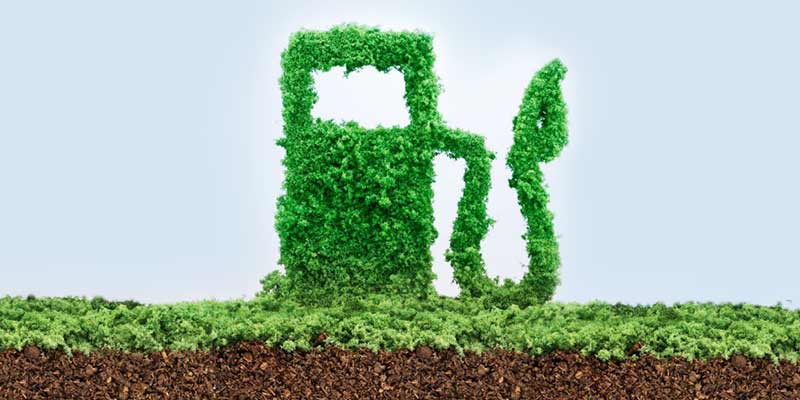- India
- Jan 22
Bio-refinery unit in Assam to produce bioethanol from bamboo
• Minister of State for Petroleum and Natural Gas Rameswar Teli said that the country’s first bio-refinery unit for producing bioethanol from bamboo is expected to be ready in Assam by October.
• It will be the country’s first unit for producing ethanol from bamboo, he added.
• Biofuels are liquid or gaseous transport fuels, such as biodiesel and bioethanol, made from biomass. They serve as a renewable alternative to fossil fuels, helping to reduce greenhouse gas emissions.
• India has achieved the target of supplying 10 per cent ethanol-blended petrol and is aiming to double the blend by 2025-26 in order to cut oil import dependence and address environmental issues.
Ethanol blending
• The energy demand in our country is rising due to an expanding economy, growing population, increasing urbanisation, evolving lifestyles and rising spending power. About 98 per cent of the fuel requirement in the road transportation sector is currently met by fossil fuels and the remaining 2 per cent by biofuels. Today, India imports 85 per cent of its oil requirement.
• Domestic biofuels provide a strategic opportunity to the country, as they reduce the nation’s dependence on imported fossil fuels. In addition, when utilised with appropriate care, biofuels can be environmentally friendly, sustainable energy sources. They can also help generate employment, promote ‘Make in India’, Swachh Bharat, doubling of farmers’ incomes and promote waste-to-wealth generation.
• India is the world’s fifth largest producer of ethanol after the US, Brazil, EU and China.
• Ethanol worldwide is largely used for consumption but nations like Brazil and India also dope it in petrol.
• Ethanol is one of the principal biofuels, which is naturally produced by the fermentation of sugar by yeast or via petrochemical processes such as ethylene hydration.
• It has medical applications as an anti-septic and disinfectant. It is used as a chemical solvent and in the synthesis of organic compounds, apart from being an alternative fuel source. It is an agro-based product, mainly produced from a by-product of the sugar industry, namely molasses.
• Ethanol blending offers significant advantages such as increase in Research Octane Number (RON) of the blend, fuel embedded oxygen and higher flame speed. These properties of ethanol help in complete combustion and reduce vehicular emissions such as hydrocarbon, carbon monoxide and particulate matter.
• The government launched Ethanol Blended Petrol (EBP) Programme in 2003 for undertaking blending of ethanol in petrol to address environmental concerns due to fossil fuel burning, provide remuneration to farmers, subsidize crude imports and achieve forex savings.
• Blending locally produced ethanol with petrol will help India strengthen its energy security, enable local enterprises and farmers to participate in the energy economy and reduce vehicular emissions.
• The government has promoted usage of biofuel in the country by notification of the National Policy on Biofuels (NPB), 2018 which allows use of multiple feedstocks for producing bio-ethanol for increased supply of ethanol for blending with petrol.
• With the vision to boost agricultural economy, reduce dependence on imported fossil fuel, save foreign exchange on account of crude oil import bill and reduce air pollution.
Manorama Yearbook app is now available on Google Play Store and iOS App Store


